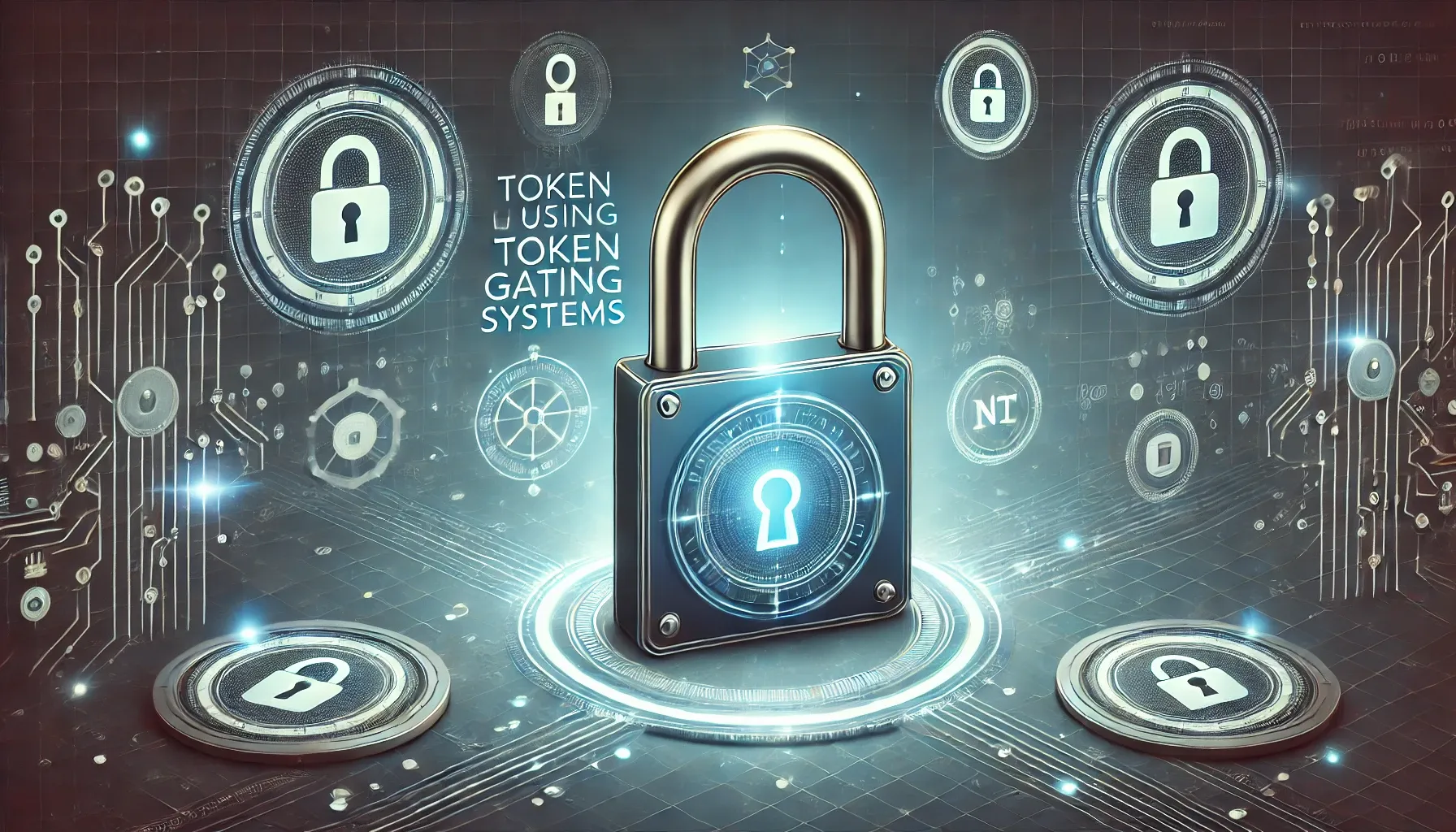
Token Gating in Locking Systems: Business-Related Strategic Perspectives
A key technology in the quickly changing field of digital ticketing and event management is token gating. This mechanism limits access to services or events to holders of particular tokens or NFTs by utilizing blockchain technology. Here, we examine how token gating can be employed strategically in locking systems to improve security and provide financial advantages. Our discussion is backed up by brief examples and real-world applications, such as cutting-edge personal safes and contemporary automotive systems like Teslas.
Increased Security with Token Gating
By guaranteeing that only validated token holders are able to access particular services or events, token gating greatly improves security. These are some of the main security benefits.
- Instant Verification. Verifies the ownership of the token instantly.
- Decreased fraud. Reduces the amount of counterfeit and ticket scalping.
- Unique Access. Guarantees event exclusivity.
- Transactions that can be tracked. Every access or entry is recorded.
Physical security expansion
Adding to its popularity on digital platforms, token gating has a lot of potential for use in physical security applications.
- Private safes. Only token holders are able to access safes with token-gated locks, which incorporate multi-factor authentication to improve security.
High-Tech Automobiles (e.g. 3. , Tesla. In addition to using token gating to unlock doors, Tesla cars also use it to operate. There are various levels of access that the system can differentiate between.
- Total Access. Certain tokens give the holder complete access, enabling them to drive the vehicle in addition to unlocking it.
- Access is restricted. There are other tokens that might only unlock the car, which is perfect for valets or service scenarios.
Options for Tesla Vehicle Access
- Key cards and fobs. Token technology is incorporated into key fobs, making them similar to conventional ones but guaranteeing that only the registered token holder can enter and operate the vehicle.
- Integration of smartphones. The digital token is stored in an app that allows users to start, unlock, and lock their vehicle. The permissions of the token also allow the app to customize settings.
- Biometric Entry. For increased security, sophisticated models could incorporate biometric verifications like fingerprint or facial recognition and associate these biometric markers with particular tokens.
For a range of use cases, including fleet management and family sharing, this distinction in token permissions guarantees security and flexibility.
Applications in the Real World
Concerts only available to NFT holders
Token gating was used for a number of exclusive concerts by a music festival organizer. Tickets could only be purchased by NFT holders, who were then validated via blockchain at the point of entry. In addition to lowering fraudulent ticket sales, this strategy enabled the organizer to raise overall revenue by charging a premium.
Tiered Access Sports Event
Fans of a sports league were given tiers of access. While fans who purchased a basic token were granted entry to the game, those who purchased a premium token were granted access to exclusive seating areas and meet-and-greets. Sales of higher-tier tokens increased dramatically as a result of this system's encouragement of fan purchases.
Token gating in cars raises security issues
Although token gating greatly improves vehicle security, possible weaknesses need to be fixed.
- Hacking dangers. Token gating systems are vulnerable to advanced cyberattacks, just like any other digital system. These risks can be reduced, though, by employing cutting-edge encryption and regularly upgrading security procedures.
- Physical security of devices. Since losing the token could allow someone else to enter the car, it is essential to make sure the device holding it is physically secure (such as a smartphone or key fob).
- Blockchain Protection. Decentralization and cryptographic hashing, two of blockchain technology's intrinsic security features, make it very difficult for hackers to fake tokens or change access logs.
Future Prospects and Modifications
Token gating has a wide range of potential future modifications and uses across numerous industries. The following trends are expected to emerge.
- Virtual tours of real estate. Access to virtual tours of upscale properties is restricted to token holders.
- Medical services. Online access to specialized medical consultations that is secure.
- Webinars for education. Token holders can access exclusive educational content.
In conclusion
More than a passing fad, token gating is a tactical instrument that can improve a company's security and financial performance. Businesses can give their customers a more exclusive, profitable, and safe experience by integrating token gating into their locking systems. As the technology advances, its use may reshape interactions across industries, making it a vital instrument for corporate expansion.